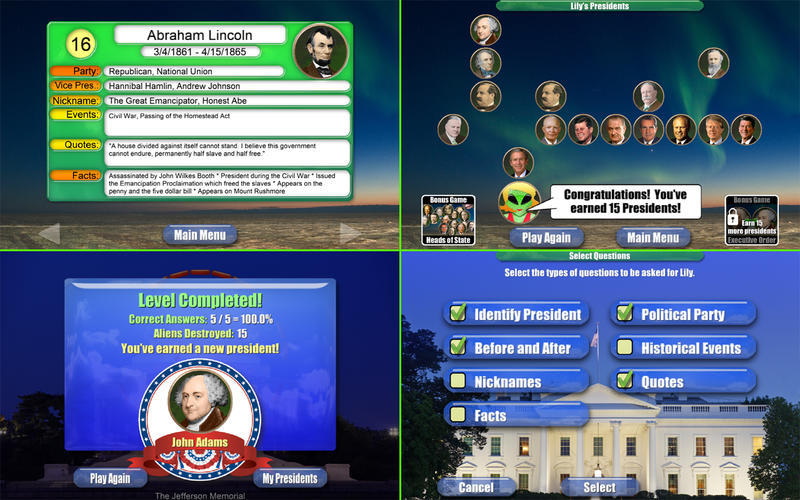February 28, 2016
Knowledge Mining: Instructional Designers Note That Data Is Not Knowledge, Just As Crude Oil Is Not Rocket Fuel
Today’s employees are knowledge miners. Because data are just that – data. Data has no intrinsic meaning or usefulness. Like buried coal or oil, it is inert; it is static, useless to us. It does, however, have enormous potential. In fact it has incalculable possibilities. And that is where Instructional Designers can play a crucial role. Let me explain.
by Alex Terego











